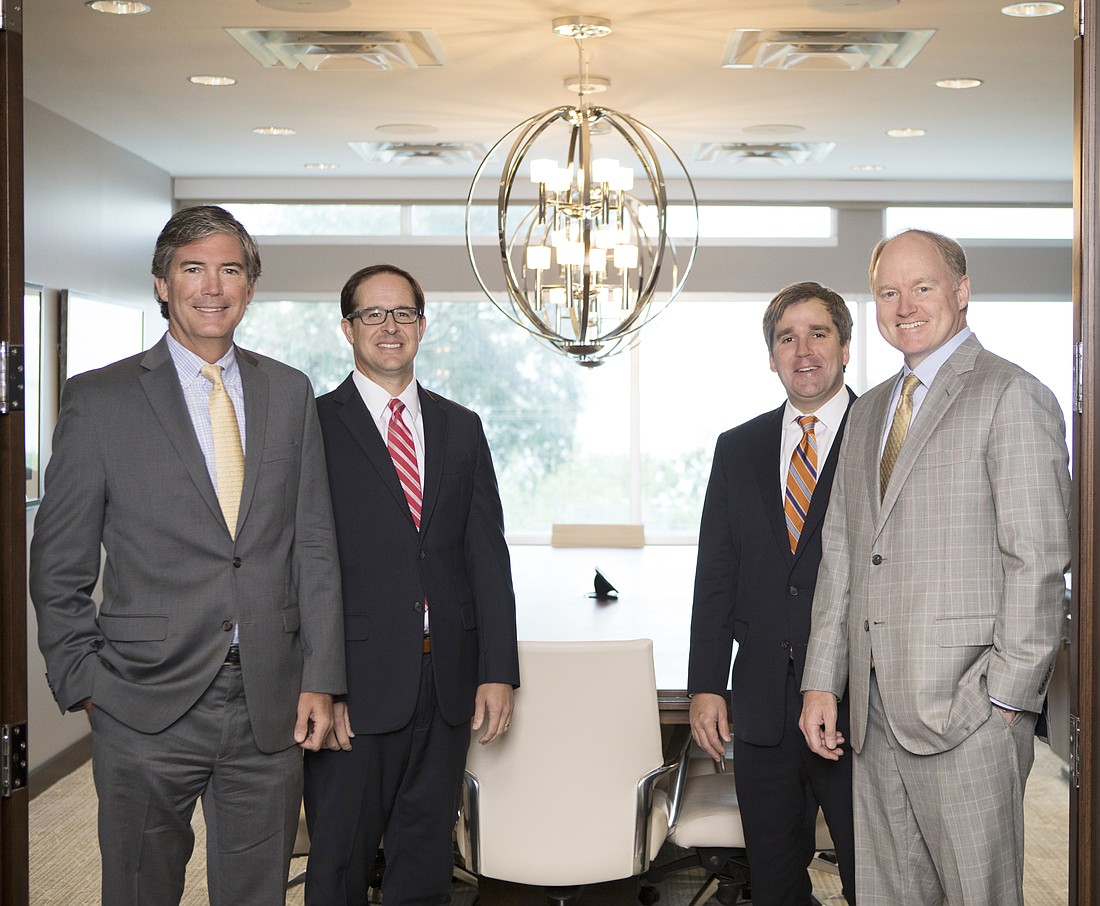- March 4, 2026
-
-
Loading

Loading

AGW Capital Advisors came into being at the nadir of the economic downturn; it opened for business in April 2009, a time of bankruptcies and bailouts that sent markets both foreign and domestic into a tailspin.